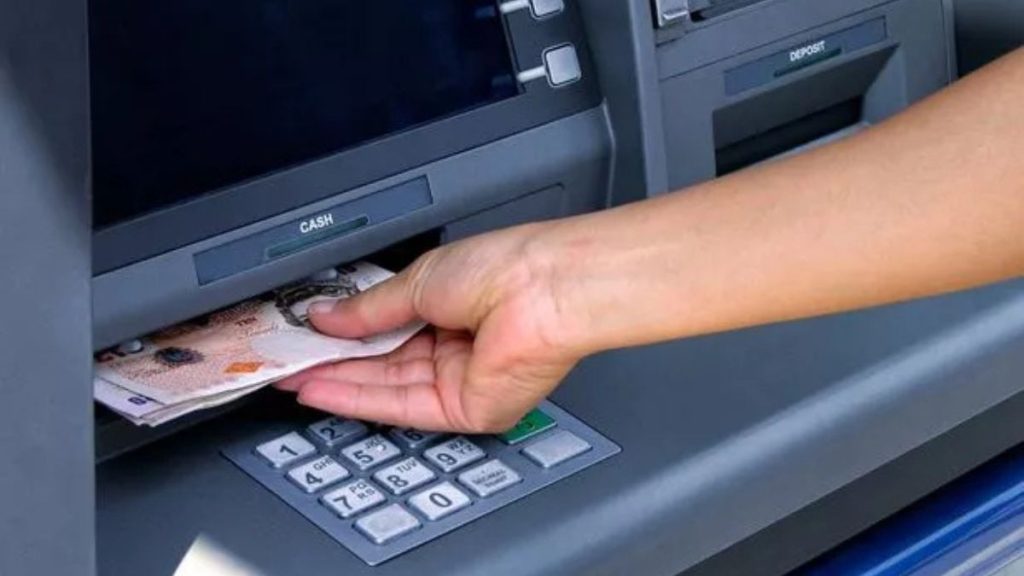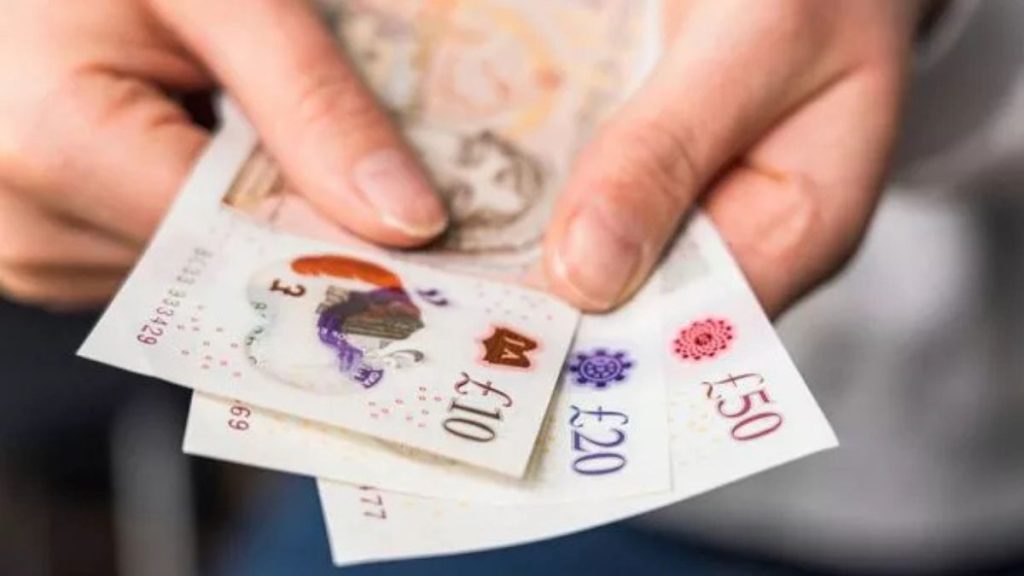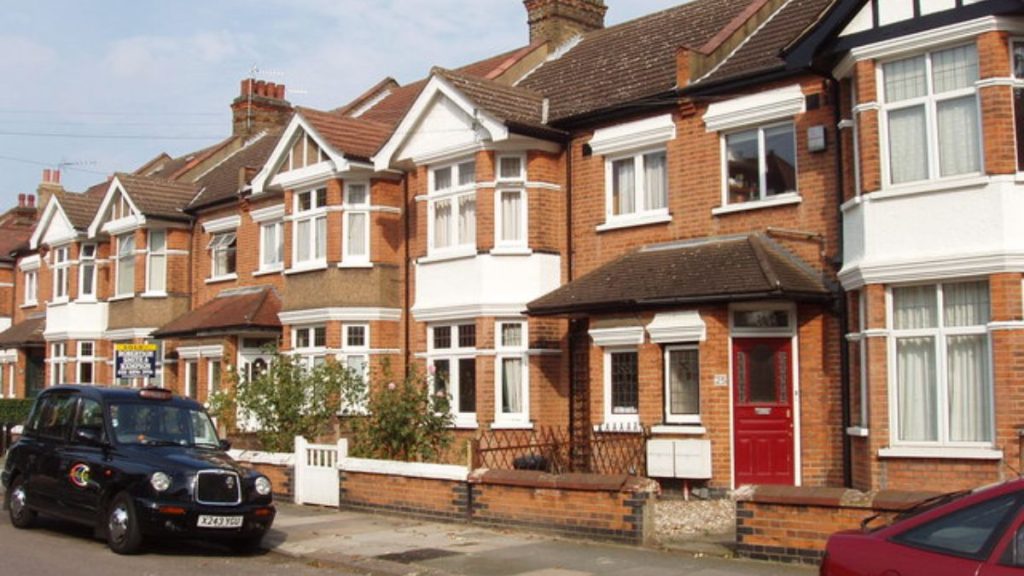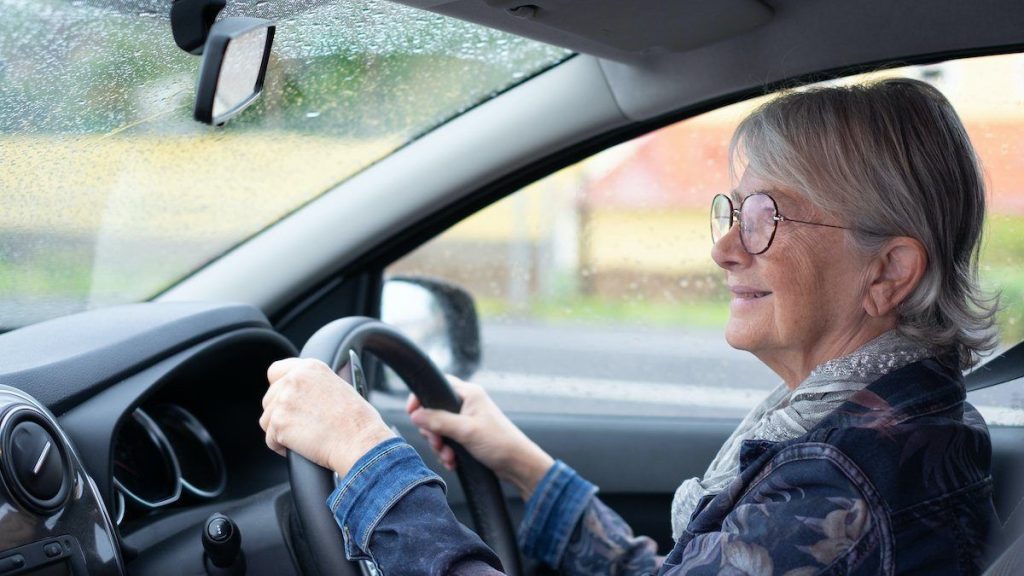The £725 cost-of-living boost announced for 2025 is intended to provide additional help to people receiving Universal Credit and other qualifying benefits in the UK. It is part of a wider package of measures designed to ease the pressure caused by rising energy prices, food costs, and housing expenses. The Government and the Department for Work and Pensions (DWP) have highlighted that this uplift is meant to protect the most vulnerable households. For many claimants, this extra payment can be used to cover essential bills, reduce debt, or build a small safety cushion during a period of high inflation.**
What the £725 Universal Credit Uplift Means (overview and purpose)
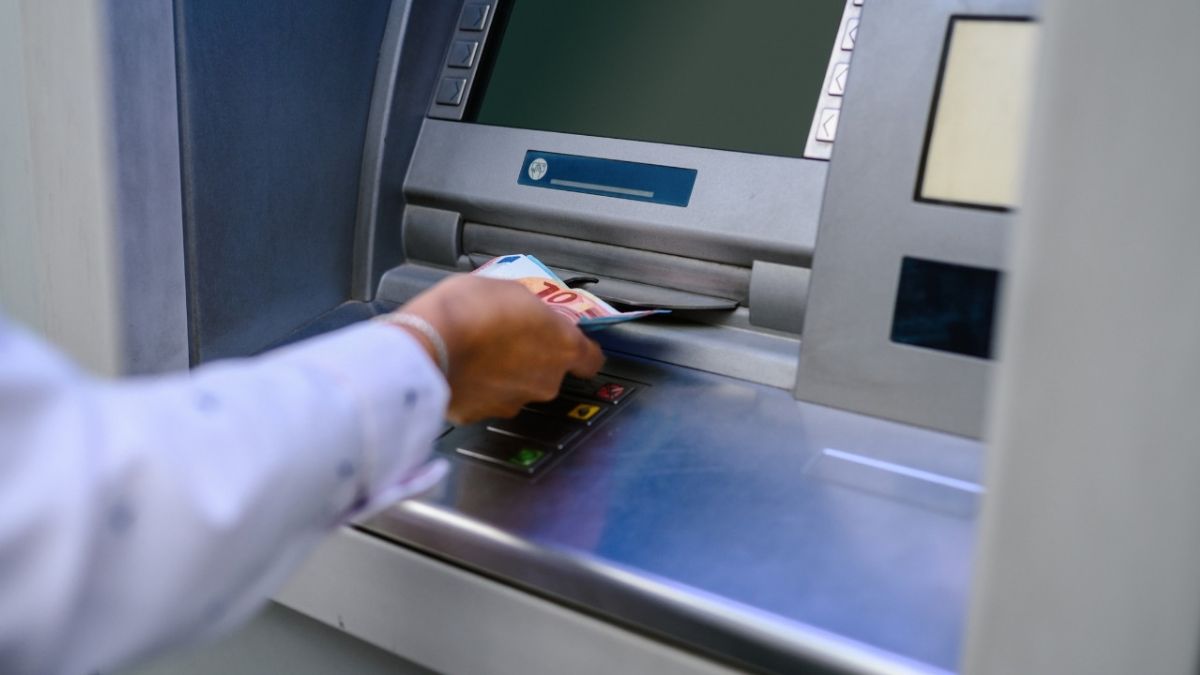
The 2025 cost-of-living boost marks one of the most significant short-term interventions by the UK government since the pandemic-era support. As inflation continues to strain household finances, the one-off payment of £725 is designed to help low-income families manage soaring expenses.
Officials describe the measure as a temporary but vital bridge to protect those on lower incomes from further hardship while ensuring essential living costs are covered.
For millions of Universal Credit claimants, this will mean a direct injection of cash to help manage daily costs — from heating bills and rent to food and transport.
Why the Government Introduced the £725 Boost (policy background)
In recent years, the cost-of-living crisis has become one of the biggest challenges facing UK households. Rising global energy prices, high food costs, and rent increases have placed extraordinary pressure on families and individuals living on fixed or limited incomes.
The DWP and HM Treasury worked together to develop the £725 scheme as part of the 2025 Support Package, prioritising those most affected by inflation. This follows earlier one-off payments in 2022–2024, aimed at protecting the same group of people — particularly Universal Credit recipients, pensioners, and disabled individuals.
Who Is Eligible for the £725 Payment (Universal Credit uplift eligibility 2025)
Eligibility for the £725 boost centres on claimants who already receive Universal Credit or other qualifying benefits. The DWP will use existing records to identify eligible individuals, meaning most people won’t need to apply separately.
Those likely to qualify include:
- Individuals and families on Universal Credit
- Recipients of Income Support
- People on income-based Jobseeker’s Allowance (JSA) or Employment and Support Allowance (ESA)
- Low-income households under the DWP’s income and savings thresholds
Carers, single parents, and individuals with long-term health conditions are also expected to benefit. Anyone uncertain about their eligibility should log in to their Universal Credit online account or contact Jobcentre Plus for confirmation
When the Payment Will Arrive (expected timeline)
According to the DWP, the £725 cost-of-living payment will be distributed in early 2025, likely between January and March. While the department has not yet confirmed an exact date, officials say payments will appear automatically in bank accounts linked to Universal Credit claims.
Recipients won’t need to take action if their bank details are already up to date. The payment will show as a separate transaction from the regular Universal Credit deposit, allowing recipients to clearly identify it as additional support.
How the Payment Will Be Made (distribution process explained)
The payment will be made directly into the claimant’s bank account used for benefit payments. There is no requirement to reapply or submit new information, provided all account details remain current.
Those who have switched banks or changed financial institutions must update their Universal Credit account before the DWP’s qualifying date. Failing to do so could delay payment. Claimants can log in online or contact the helpline for support with updates.
Impact on Regular Universal Credit Payments (how it interacts)
The DWP has clarified that the £725 uplift will not affect the standard monthly Universal Credit amount. It is classified as a separate cost-of-living payment, which means it won’t count as income and won’t reduce ongoing benefits.
This ensures claimants continue receiving their normal entitlement in full, with the £725 acting purely as an additional one-off boost. However, claimants must continue reporting any changes in their circumstances — such as a new job or increased income — as these could affect future benefits.
How the Boost Helps Struggling Households (real-world impact)
For many low-income households, this lump sum will offer crucial relief. Energy costs remain high, and essentials like rent, fuel, and food continue to stretch budgets.
The payment could be used to:
- Catch up on overdue bills
- Refill prepayment energy meters
- Pay off small debts or loans
- Build a modest emergency savings buffer
Financial experts recommend using the payment for essentials first, prioritising rent, utilities, and food, before discretionary spending.
How the £725 Fits Into Wider Cost-of-Living Support (other available schemes)
This £725 uplift joins a wider network of UK government support measures, including:
- Winter Fuel Payments for pensioners
- Disability Cost-of-Living Payments
- Warm Home Discount Scheme
- Local Council Support Funds
Each initiative targets different groups but shares a common goal: preventing vulnerable people from falling into financial crisis. Eligible individuals may receive multiple types of aid simultaneously if they meet the respective criteria.
Additional Support for Pensioners and Disabled People (parallel aid)
While the £725 uplift is primarily aimed at Universal Credit claimants, pensioners and disabled citizens are not excluded from assistance.
- Those on Pension Credit will continue receiving parallel cost-of-living payments.
- Individuals claiming Personal Independence Payment (PIP) or Disability Living Allowance (DLA) may qualify for extra targeted payments under separate DWP programmes.
The government typically coordinates payment schedules across these schemes to ensure no vulnerable group is overlooked.
Preparing for Your Payment (important steps before funds arrive)
Claimants should take several steps to avoid delays:
- Check and update bank details in your Universal Credit account.
- Avoid scams — the DWP never contacts people by text or email asking for bank information.
- Monitor your online journal for official updates or messages confirming eligibility.
- Keep communication open with Jobcentre Plus if you’ve recently changed employment or address.
How Income or Job Changes Affect Eligibility (qualifying period rules)
The DWP bases eligibility on a specific qualifying period, typically the month before payment processing begins.
If you were on Universal Credit during that time, you remain eligible — even if your circumstances change later.
However, starting a full-time job or exceeding income thresholds afterward may affect future benefits, so claimants are advised to keep their records up to date to prevent overpayments or errors.
Financial Planning Tips for Using the £725 (budgeting advice)
Financial planners recommend a clear approach to make the most of this lump sum:
- Pay priority bills first (rent, utilities, council tax).
- Set aside emergency savings for unplanned costs like car repairs or medical needs.
- Avoid impulsive purchases; consider splitting the payment across several weeks.
- Use comparison sites to find cheaper energy or broadband deals, reducing future expenses.
Even small financial planning steps can turn a one-time payment into lasting relief.
How to Maximise Support (combining benefits and schemes)
Claimants should check whether they also qualify for additional support such as:
- Local council tax discounts
- Free school meal vouchers
- Childcare grants
- Local Household Support Fund assistance
Combining the £725 uplift with these programmes can stretch its impact further and protect families through the most expensive months of the year.
Common Mistakes to Avoid (preventing payment issues)
To ensure a smooth process:
- Keep your Universal Credit journal updated.
- Verify your bank details at least two weeks before expected payments.
- Be wary of fake DWP messages requesting information.
- Report any lost or stolen bank cards immediately to your provider.
These small actions help safeguard your entitlement and prevent fraud.
Looking Ahead to Future Assistance (what’s next)
Although the £725 payment is temporary, it signals continued government recognition of the financial pressures facing low-income households.
Future cost-of-living support will depend on inflation, public spending priorities, and upcoming fiscal policy.
Staying informed through official DWP announcements and GOV.UK updates ensures you won’t miss new opportunities for assistance as 2025 progresses.
Key Takeaways for Universal Credit Recipients (summary)
- The £725 cost-of-living boost will be distributed in early 2025.
- Eligibility is automatic for most Universal Credit and qualifying benefit recipients.
- Payments arrive directly to bank accounts, separate from regular benefits.
- The lump sum will not affect ongoing entitlements or taxes.
- Claimants should check details, plan spending, and avoid scams before funds are released.
This payment, though temporary, offers much-needed stability for millions of UK residents navigating rising living costs. With careful planning and awareness, households can use it to protect essentials, reduce financial stress, and improve their overall resilience heading into 2025.
(5) Five FAQs
Q1. Who will receive the £725 cost-of-living payment?
People already receiving Universal Credit, Income Support, or similar qualifying benefits will automatically get the £725 payment, provided they meet DWP criteria.
Q2. When will the payment be made?
Payments are expected to begin in early 2025, likely between January and March. Exact dates will vary depending on the claimant’s payment cycle.
Q3. Do I need to apply for the £725 boost?
Most eligible residents do not need to apply. The DWP will identify qualifying claimants automatically. Those not receiving benefits can apply manually through GOV.UK.
Q4. Will this affect my regular Universal Credit payment?
No. The £725 is a separate one-off payment and will not reduce or replace existing benefit amounts.
Q5. What should I do before the payment date?
Ensure your bank details are correct in your Universal Credit account, beware of scams, and plan your spending to prioritise essentials like rent, food, and energy bills.













